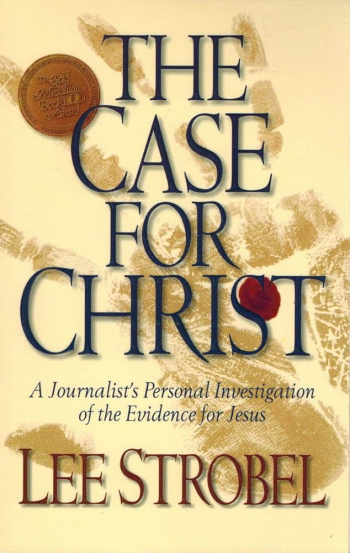If John was roughly the same age as the Messiah, and if John wrote his Gospel 30 years after the death of the Messiah, then John would have been around 65 years old. That’s not unlikely.
Perhaps not. But commoners back then lived much shorter lives than they do today.
What does that mean in the first century? He was akin to a shaman?
I was looking at various articles on literacy rates among the Jews living in Galilee in the first century. It may have been more common among peasants than the impression you have. Scholars debate the issue among themselves.
Here is a link to one of the articles I read:
What We Know About Education in Galilee During Jesus’ Time
I focused on Galilee because that was Jesus’ base of operation and the common perception - which I think is a misperception - is that Jews living in Galilee were less literate than Jews living in Judaea. I’m looking, in other words, at a worst case scenario.
Why not bypass this obstacle entirely and appear to the Chinese instead? A people that, even at the time, were capable of reading, writing, and studying evidence? Instead we get yet another revelation in the desert among a bunch of illiterate peasants.
Let’s go with you think Jesus Christ existed. The Hebrew Bible contains prophecies about him and the New Testament contains reports of eyewitness accounts about him.
The prophecies do not name him specifically. Furthermore, if he were the messiah, the Jews would say as such. But they do not. The New Testament testimonies cannot be confirmed to be eyewitness accounts due to the fact that the gospels were written several decades after Christ's crucifixion.
It says, the gospel according to John. It does not say, the gospel as witnessed, and recorded by, John. The former implies that it is being written down by a third party, and that's what we have with these gospels.
The Hebrew Bible and the New Testament are replete with reports of supernatural activity. “Easier to take” doesn’t equate to “searching for the truth”.
The truth very well may be that these supernatural events took place. However, we can't just take it at face value. Otger religions, like Islam, have similar stories involving the supernatural. Should we believe what's written in that book as well? They claim to have eyewitnesses, too.
That’s what the atheist detective cared about. It was the tools of his trade which helped him to decide that the testimony is likely to be true.
No. He ignored the fact that supernatural events don't happen today and failed to ask himself why. On some level, I think he simply wants to believe it.
Miracles happen every day.
Everyone has a phone with a camera now. Where's the video evidence? In fact, out of all the various time periods thought history for Jesus to appear and show us his divinity, now would have been the best time.
There’s nothing wrong with being skeptical. The detective in the video clips was a skeptic when he began examining the New Testament writings.
And again, like many Christians today, he completely ignores the Old Testament. In order for anything in the NT to be true, everything in the OT must also be true.
The Bible includes accounts of people consulting the dead and condemns the practice.
It isn't real. They're con artists that prey upon people.
I didn’t get that from him. What I picked up on was he came to believe it because by employing forensic analysis of the writings he became persuaded that they were telling the truth.
One wonders if he would be persuaded by a modern day testimony that claimed a ghost committed murder. I rather doubt it.
He wasn’t examining the writings from the perspective of his own life experience.
On that, we very much agree. If he were to do that, he would have remained an agnostic.
What do you have to lose by using the technique that the skeptical detective used to evaluate the claims made about Jesus in the New Testament?
In other words, why aren’t you interested in trying it?
Because there is no way to prove that the claims are true without first believing in the supernatural. Why isn't he skeptical about Jesus walking on water or raising Lazarus from the dead? Even if was able to bring himself to believe just one of those stories, wht isn't he skeptical about any of the others?
Answer: because he wants to believe it. I dare say, it calls into question his competence as a detective. How many people went to jail just because he believed they were guilty based on someone else's testimony?





